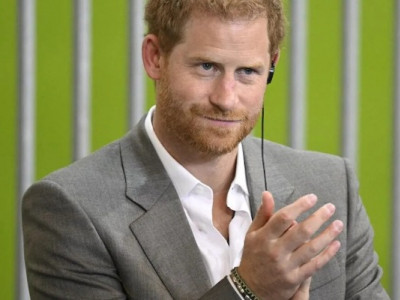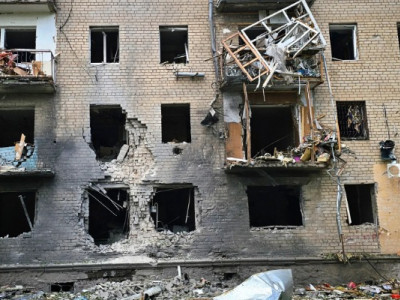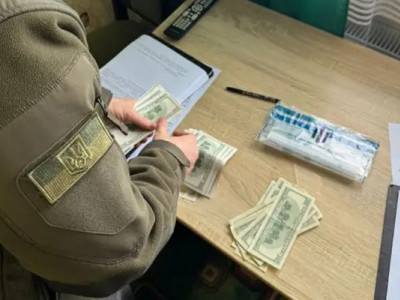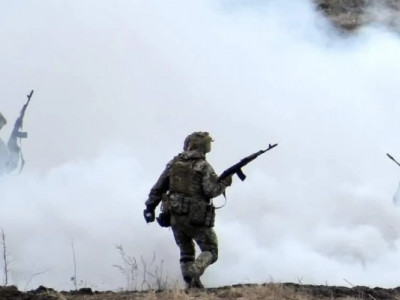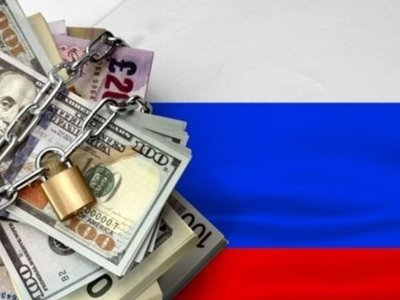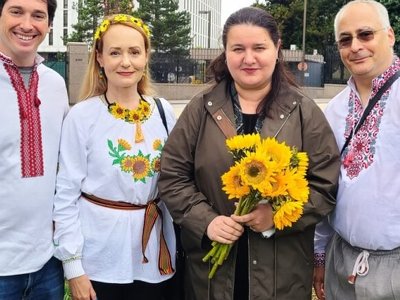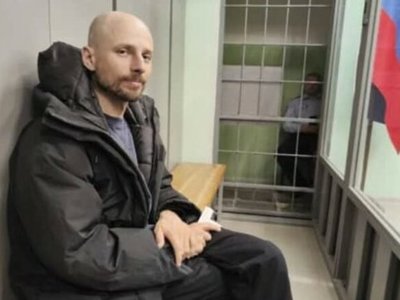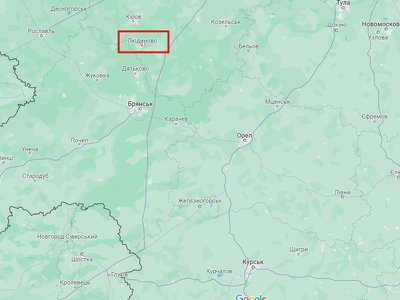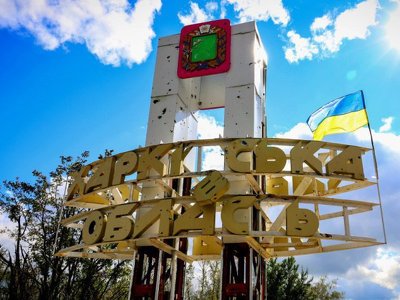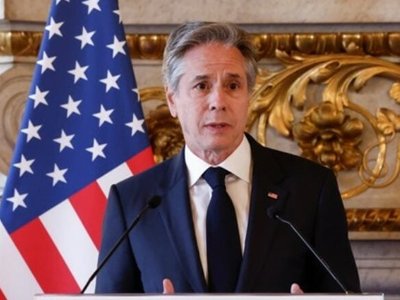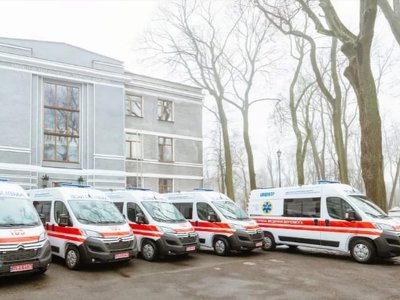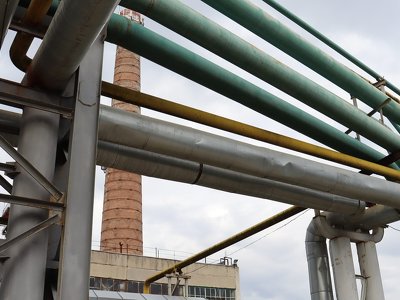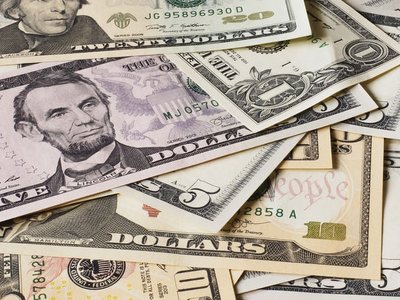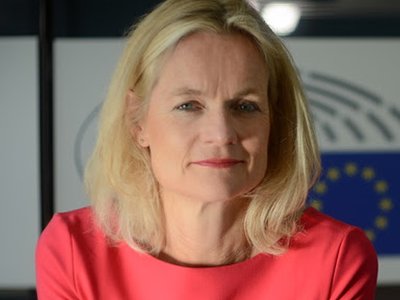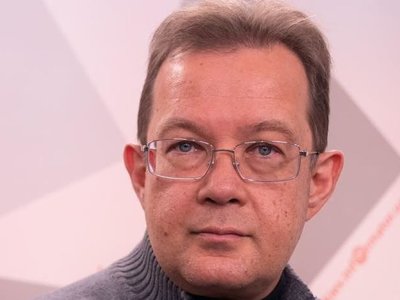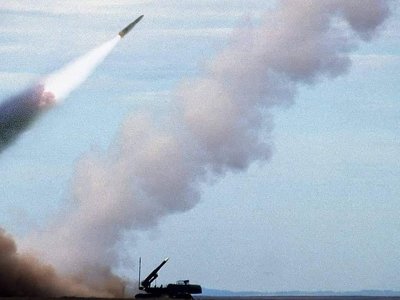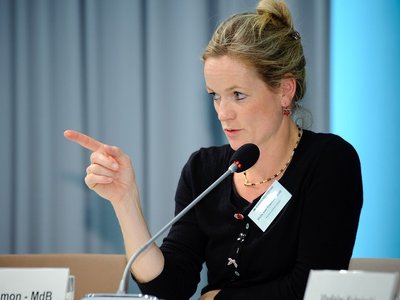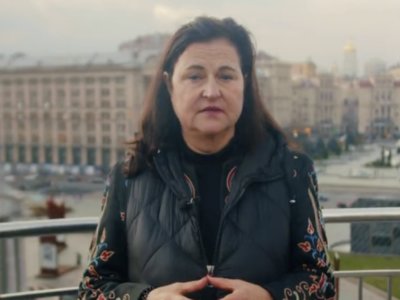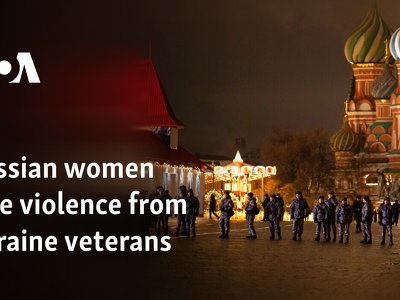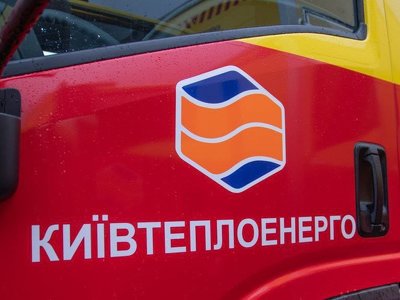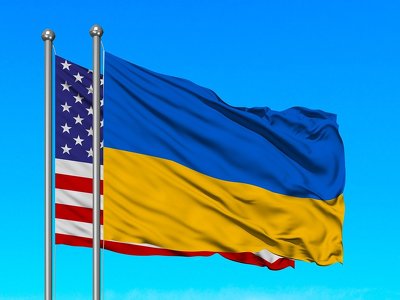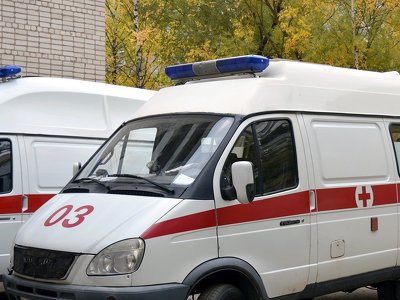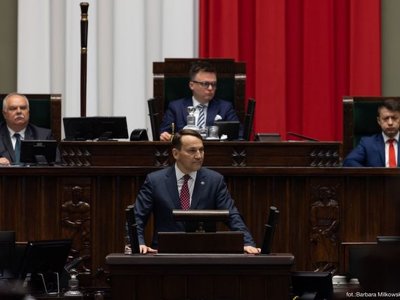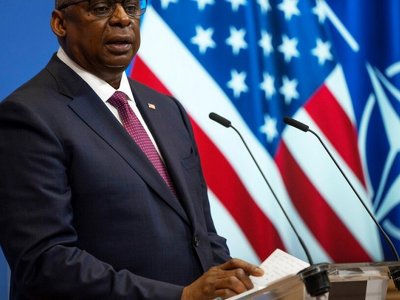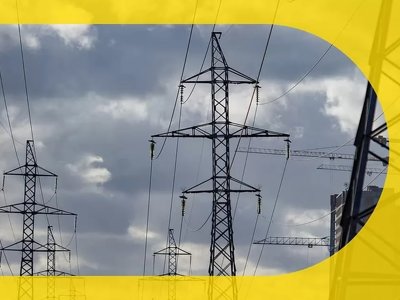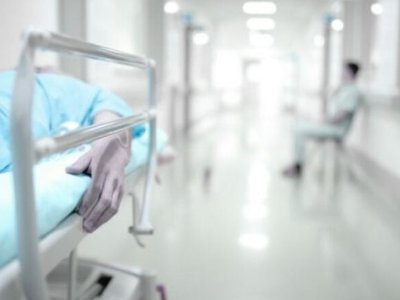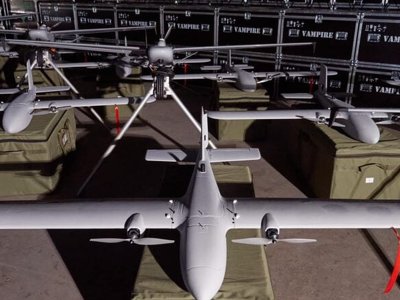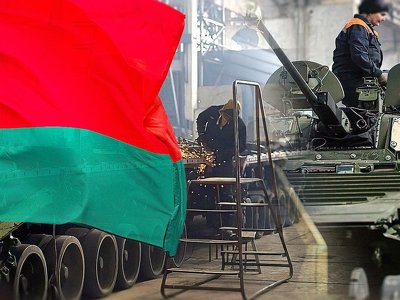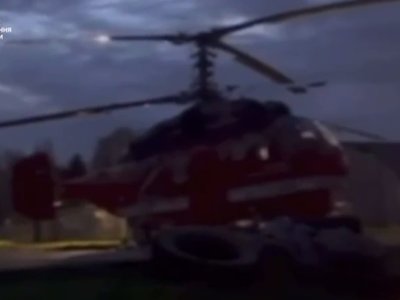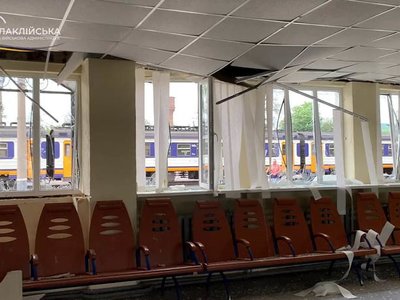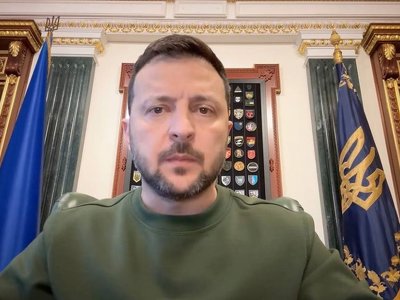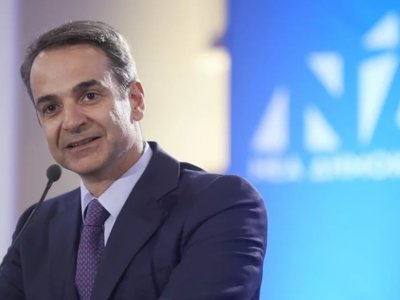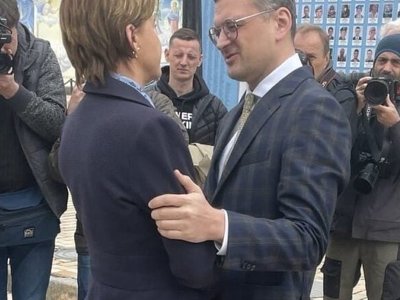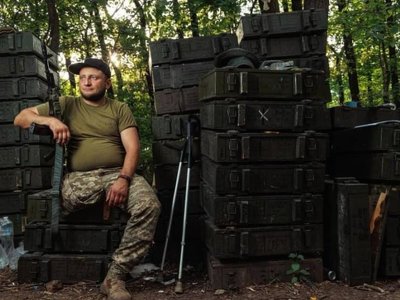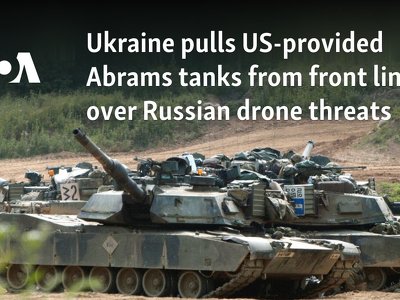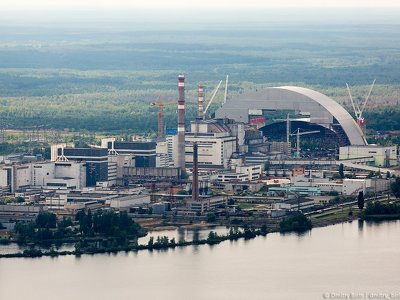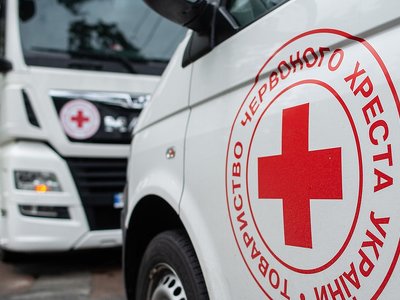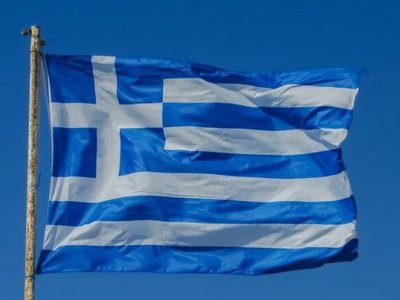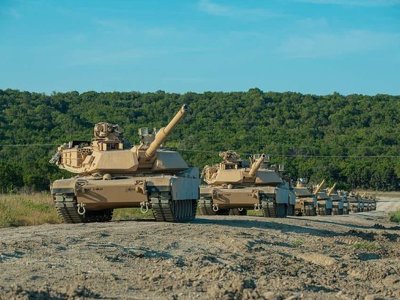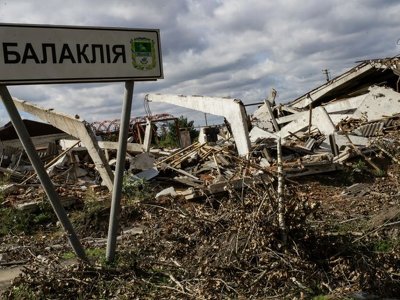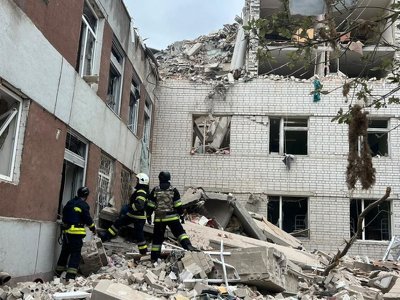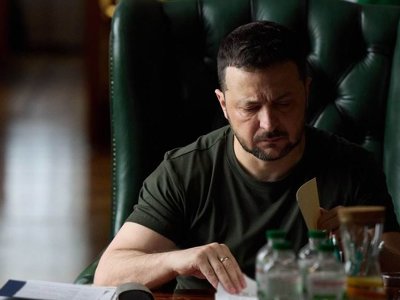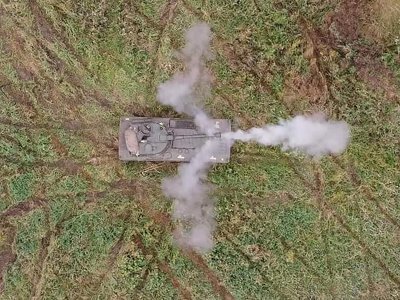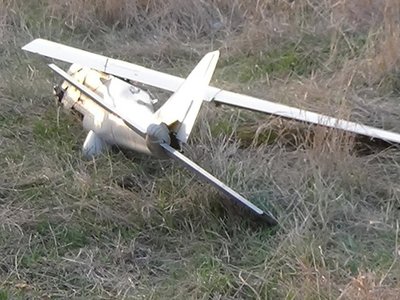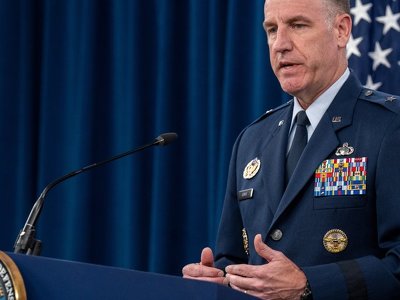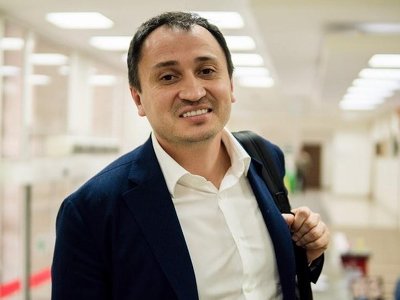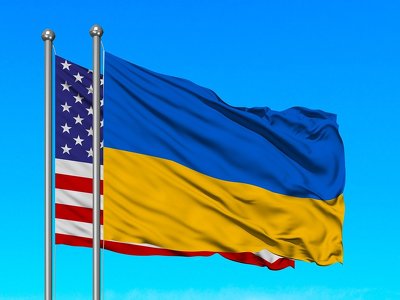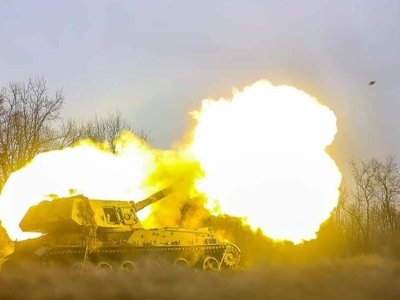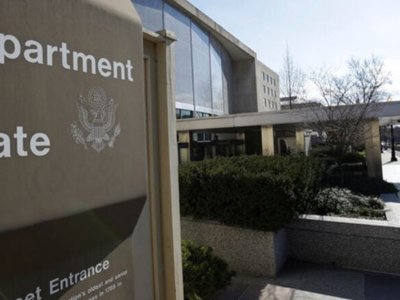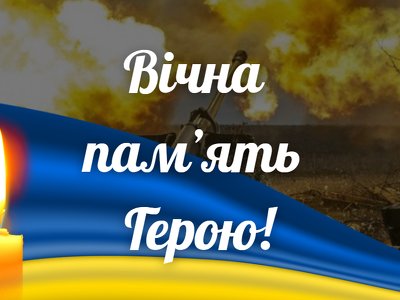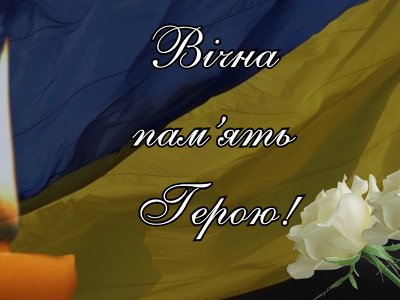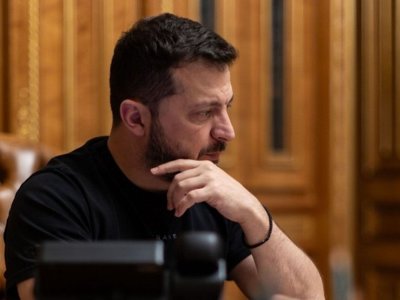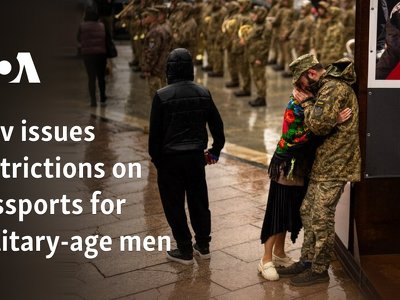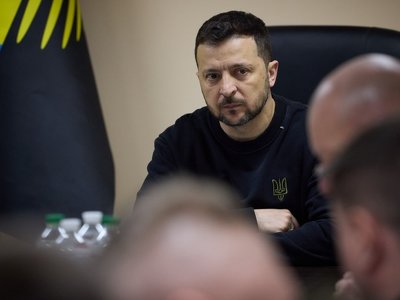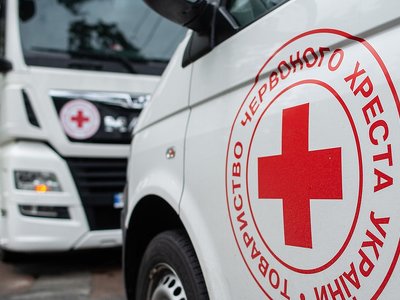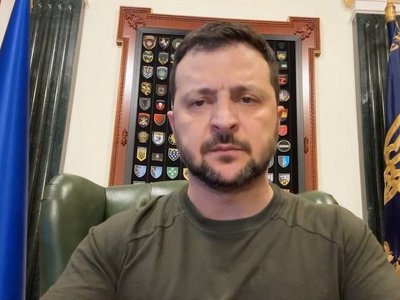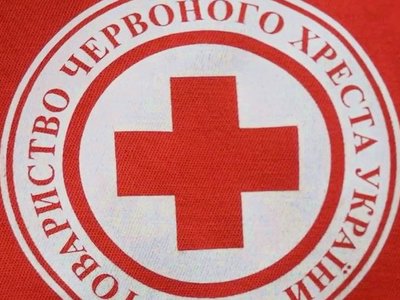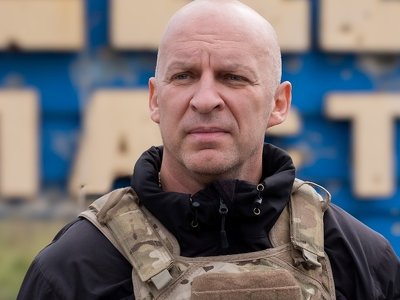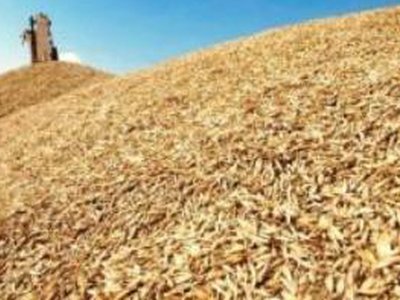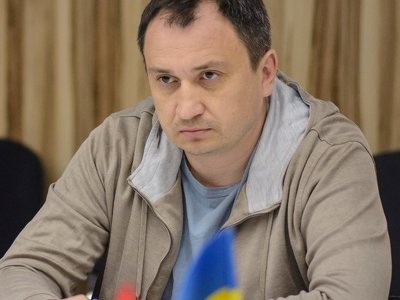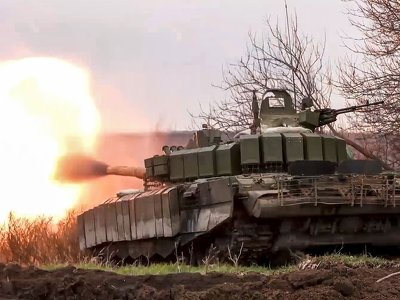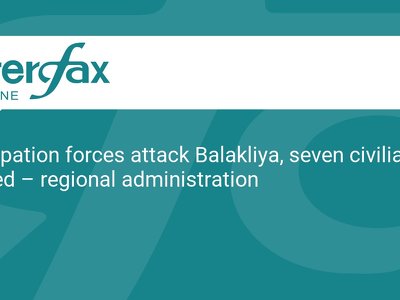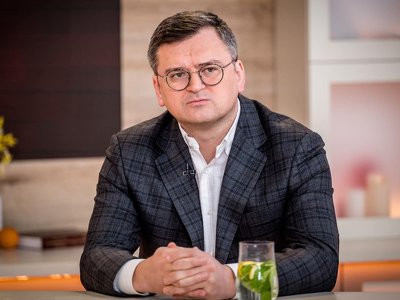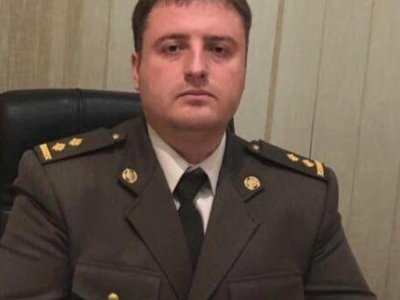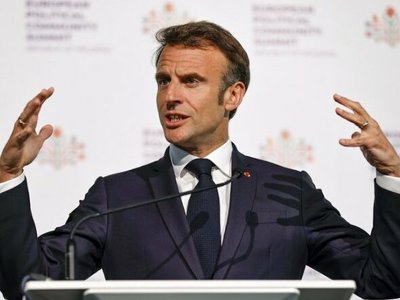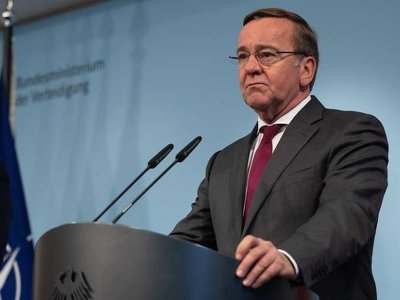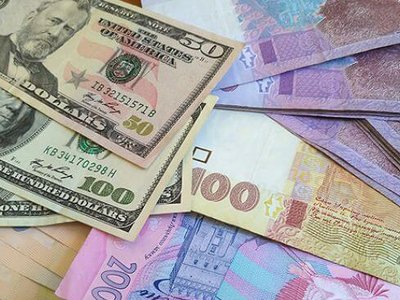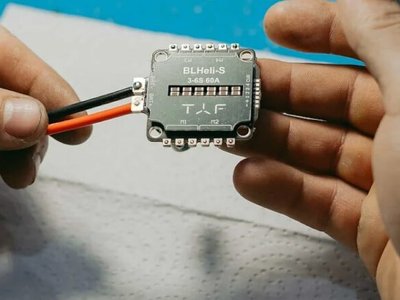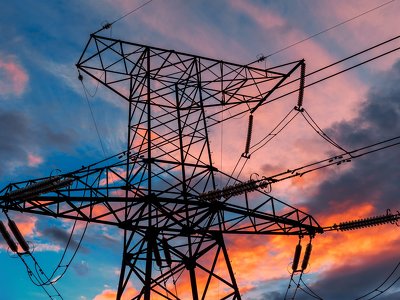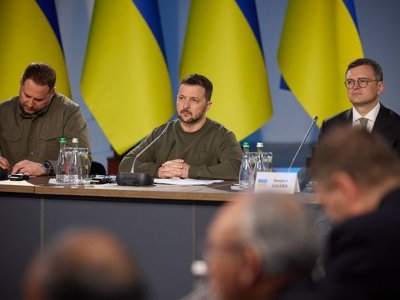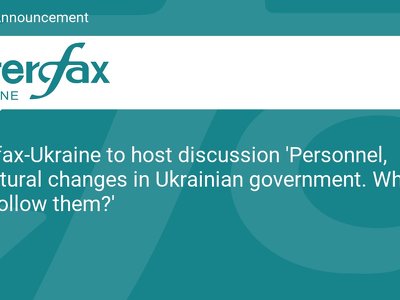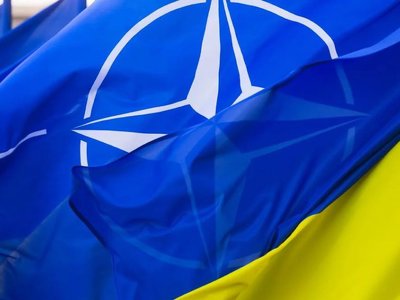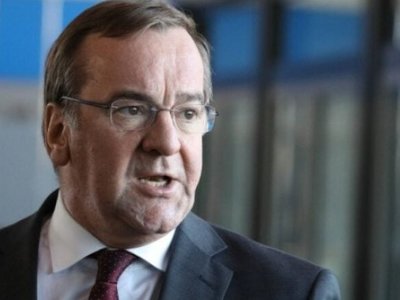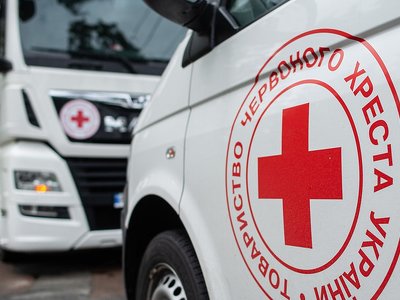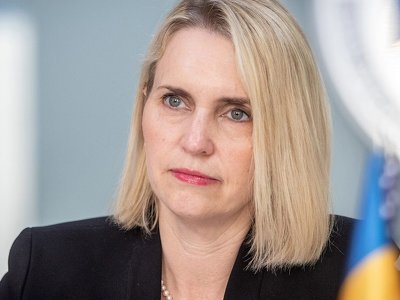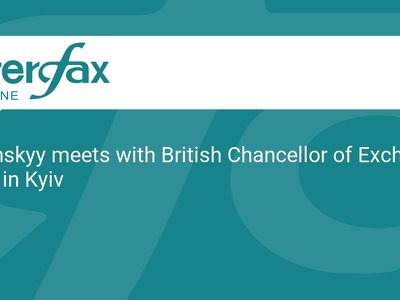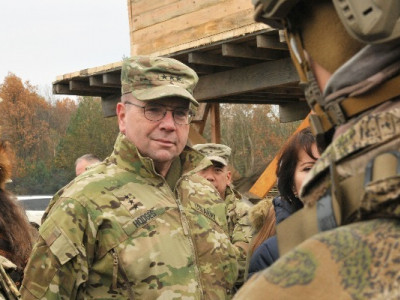From dialogue to drones: How France rethought its Ukraine policy
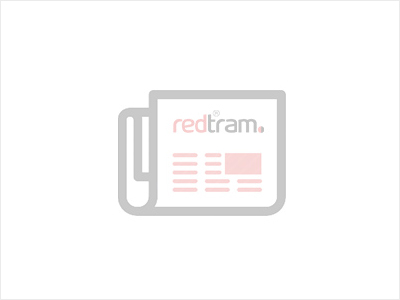
When Russian tanks rolled into Ukraine in February 2022, France’s initial reaction caused widespread frustration in Kyiv. French President Emmanuel Macron insisted on maintaining open diplomatic ties with Vladimir Putin, a position seen by many Ukrainians as naïve at best and dangerously compliant at worst.
Yet, three years after the beginning of the full-scale invasion, France is now among Ukraine’s strongest European advocates, pushing actively for Kyiv’s NATO membership and providing critical military aid.
At the start of Russia’s invasion, Macron’s strategy was clear but polemical: dialogue over confrontation. During his February 2022 trip to Moscow, two weeks prior to the full-scale invasion, Macron attempted to negotiate directly with Putin.
After their meeting, Macron publicly said: "President Putin assured me of his readiness to engage," adding controversially that "there is no security for the Europeans if there is no security for Russia", while in Ukraine, civilians were about to endure nightly bombardments and witness widespread devastation of their homeland.
Eastern European allies, especially Poland and the Baltic states, accused Paris of misunderstanding Putin’s intentions and underestimating the threat that Russia is.
However, this cautious stance quickly became baseless as evidence of Russia’s atrocities escalated. The turning point was Macron’s June 2022 visit to Kyiv and the devastated town of Irpin, alongside German Chancellor Olaf Scholz and Italian Prime Minister Mario Draghi.
Visibly shaken by what he witnessed, Macron condemned Russia’s actions unequivocally, describing Irpin as "a heroic city, marked by the stigmata of barbarism" and explicitly labeling Russian violence as "massacres and war crimes".
After this visit, Macron backed Ukraine’s rapid EU integration, stating that Ukraine deserves to receive "immediate EU candidate status".
Following this shift in tone, France’s military assistance rapidly expanded,
providing Caesar artillery and, crucially, long-range SCALP-EG missiles, previously unimaginable given France’s cautious steps.
The decisive moment came at the NATO summit in Vilnius in July 2023. There, Macron firmly positioned France alongside Poland and Eastern Europe, asserting clearly: "Vilnius must send a clear message to Ukraine and Ukrainians. I favour stronger, concrete [and] very clear security guarantees" (NATO, July 2023).
He declared that "the path for Ukraine to join NATO is open," marking a profound break with decades of prudent French diplomacy.
Yet Macron’s foreign policy shift coincided with concerning political instability in France, marked by large-scale protests and a crisis over pension reforms.
Critics suggested Macron’s assertive international stance might have partly served to compensate for his weakened domestic authority.
Donald Trump’s re-election in 2024 sent shockwaves through European capitals, but few reacted more forcefully than Emmanuel Macron. He called the result an "electroshock," and urged Europe to stop relying on Washington’s goodwill: "We must also develop a fully integrated European defence, industrial and technological base," he warned.
In early 2025, France hosted a high-level EU defence summit in Paris focused on ramping up artillery production and establishing shared logistics systems for Eastern deployment.
But ambition doesn’t always mean cohesion.
Macron’s call for strategic autonomy ran into resistance from member states reluctant to loosen ties with NATO,
particularly in the east. Poland openly questioned France’s reliability, citing delays in arms deliveries, and the Netherlands and Czechia raised concerns over funding mechanisms and the dominance of French defence contractors.
Despite this friction, France remained one of the leaders of military aid to Ukraine. Between January and June 2025, Paris announced an additional €2 billion in assistance, including Mistral air defence systems, night-vision equipment, and new cyber-defence coordination units based jointly in Lyon and Lviv.
In February 2025, the Elysée resident made a speech at the Munich Security Conference: "Ukraine is our frontline, and our credibility as Europeans depends on our ability to defend it together."
This was followed by a trilateral meeting with Keir Starmer and Olaf Scholz to finalise the ReArm Europe initiative, an €800 billion European defence investment platform by 2030. Ukraine was invited to join as an observing partner.
While Macron succeeded in implementing Ukraine deeper into Europe’s defense campaign, he also faced increasing scrutiny at home.
French unions protested the reallocation of national funds from welfare to military spending. Meanwhile, populist figures on both the far right and left accused the President of "militarising the Republic."
The recent NATO summit in The Hague exposed the limits of European unity, and of French influence.
France arrived at the summit with a clear message: Ukraine needs more than recognition. Macron urged allies to provide concrete guarantees for Kyiv and to stop "outsourcing Europe’s defence to America."
But Trump’s America had other plans. His administration publicly stated that a full Ukrainian victory was "unrealistic" and dismissed NATO membership as a possible condition in peace talks. Macron responded sharply:
"Ukraine’s place is in NATO and in the EU. That is non-negotiable."
Words were backed by actions. By the beginning of summer 2025, France had committed more than €2.4 billion in military aid to Ukraine, according to the Kiel Institute. This included a new tranche of SCALP-EG missiles, AMX-10 RC vehicles, Mistral air defence systems, and expanded troop training programmes. A new agreement saw 3,000 more Ukrainian soldiers being trained in France.
France also supported Kyiv with €640 million in humanitarian aid, this included field hospitals, mobile medical units, and funding for rebuilding civilian infrastructure in Mykolaiv and Odesa.
In April 2025, French Defence Minister Sébastien Lecornu visited Kyiv to formalise expanded military and technological cooperation, including co-production of reconnaissance drones.
Yet Paris found itself isolated on key issues. Slovakia and Hungary opposed a precise wording on possible Ukrainian NATO accession in the Summit final declaration. Even Berlin urged for caution. The summit’s final declaration offered words of support but no timeline for Ukraine.
Macron, visibly frustrated, said: "We cannot ask Ukrainians to keep resisting without offering a path. We owe them not just gratitude but guarantees."
Yesterday, on 1 July 2025, Emmanuel Macron and Vladimir Putin spoke by phone for the first time since the early months of Russia’s full-scale invasion. The conversation, initiated by the French president, lasted over two hours and marked the end of a three-year diplomatic freeze between Paris and Moscow.
According to the Élysée, Macron reiterated France’s firm position: there can be no lasting peace without the full withdrawal of Russian troops and respect for Ukraine’s territorial integrity.
The call was described by French officials as "direct" and "without ambiguity."
Unlike the dialogue of 2022, this exchange took place in a radically different context, France is now a key supplier of weapons to Kyiv, a vocal supporter of its NATO accession, and deeply involved in reconstruction initiatives.
The timing of the call inevitably raised questions, but French officials were quick to dismiss any suggestion of a policy shift.
Instead, the initiative was framed as a way to affirm France’s position unambiguously, particularly as international diplomatic channels, led by actors such as China, Brazil, and the Vatican, gain momentum.
It also reflects Macron’s continued belief that isolating Moscow diplomatically risks ceding ground to actors that seem less concerned with Ukraine's sovereignty.
Reaching out to Moscow, in this sense, was less about reopening dialogue, and more about ensuring Ukraine’s interests were bolstered in a crowded diplomatic arena.
Charlotte Guillou-Clerc,
Journalist (France), a Ukrainska Pravda intern
- Last
- February, 05
-
-
-
-
- April, 28
-
-
-
-
-
-
- April, 27
-
-
-
-
-
-
-
-
-
News by day
19 of July 2025
